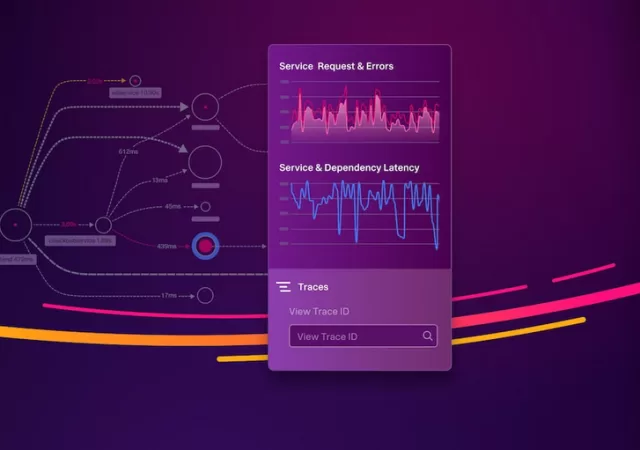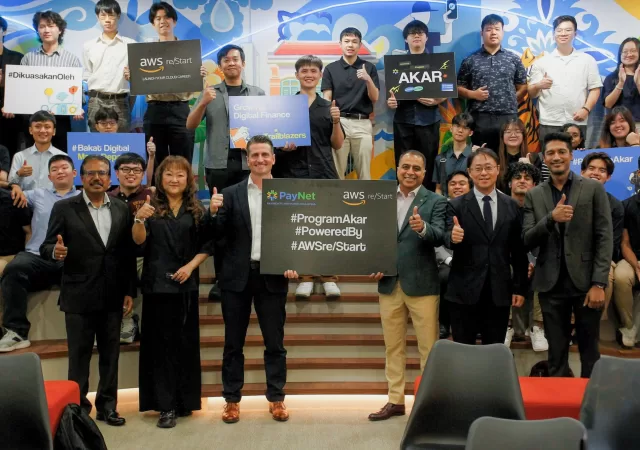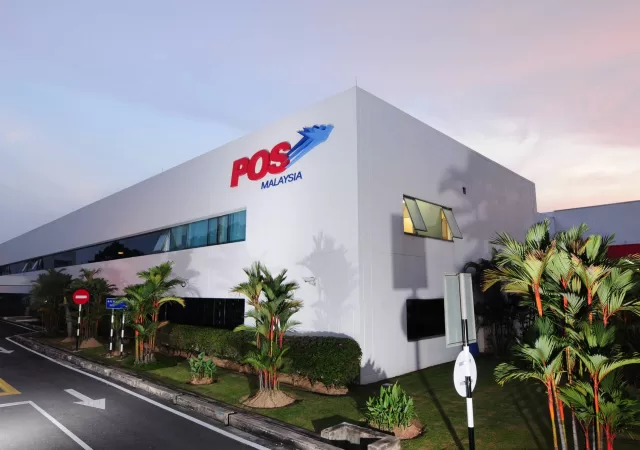Snowflake is expanding in Malaysia with a local instance on AWS, enhancing data governance and security for Malaysian customers.
Cisco Splunk Observability Cloud Available Locally on AWS Singapore
Splunk Observability Cloud is now available locally in the AWS Singapore region. The new local availability provides data sovereignty guarantees and more.
AWS Strengthens Cloud Security with New AI-Powered Tools and Services
AWS strengthens its cloud services with more resilient and robust tools announced at re:Inforce 2025.
[MWC 2025] AWS Brings Edge Compute to Telcos with Specially Designed AWS Outpost Racks
AWS empowers telco digitization with specialised AWS Outpost offerings enabling edge computing and OpenRAN at scale.
PayNet Works on Bridging the Digital Divide in Malaysia’s Financial Sector with Program Akar
PayNet works on bridging the digital skills gap in Malaysia’s financial services industry with Program Akar in partnership with AWS re/start
Axrail Collaborates with AWS & Phison in Launching Southeast Asia’s First Gen AI Lab
Axrail launches Southeast Asia’s first Generative AI (Gen AI) Lab in collaboration with Amazon Web Services (AWS) and Phison.
AWS Announces New Thailand Region
Amazon Web Services (AWS) announces a new cloud region in Thailand together with an investment of USD$5 billion to support the country’s digital growth.
AWS Malaysia Region to Go Live in 2024
Amazon Web Services is investing RM25.5 billion in order to construct a brand-new AWS Region in Malaysia. Get ready for 2024 when it will go live, creating a hub for innovation and driving Malaysia’s digitization.
Amazon Web Services (AWS) Brings Generative AI Innovations to their Service Stack
Amazon Web Services (AWS) is introducing a slew of new generative AI features that will ease implementation and adoption.
Pos Malaysia Digitization Efforts Enhances Parcel Delivery Offering with Amazon Web Services
Pos Malaysia is going fully digital to meet the growing demands of the e-commerce sector and parcel delivery with technology from Amazon Web Services.












